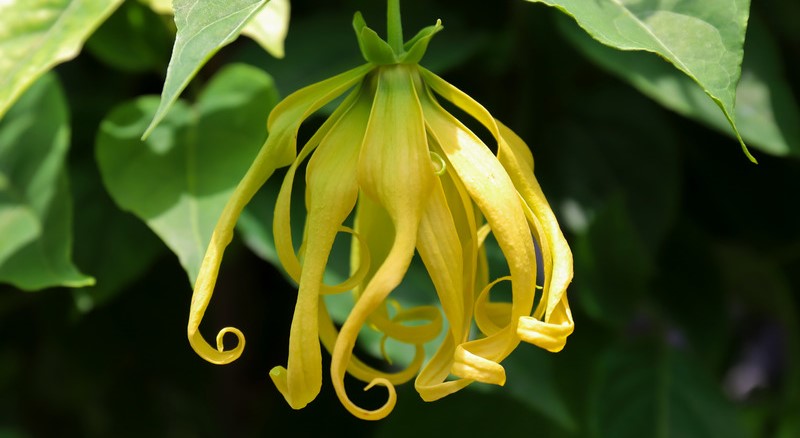Ylang-Ylang

The ylang-ylang tree produces large, yellow-green flowers with a strong and sweet floral scent. The essential oil extracted from these flowers is highly valued for its fragrance and therapeutic properties. Ylang-ylang essential oil is used in perfumes, cosmetics, soaps, and other beauty products.
In aromatherapy, ylang-ylang oil is believed to have calming and mood-enhancing effects. It is often used to relieve stress, anxiety, and depression. The oil is also known for its aphrodisiac properties and is used to enhance libido and intimacy.
Ylang-ylang flowers are sometimes used in traditional medicine as well. The leaves and bark of the tree have been used in herbal remedies for various ailments, such as fever, malaria, and digestive issues.
Overall, ylang-ylang is a versatile plant with a delightful fragrance, and its oil and flowers have found applications in the beauty, wellness, and perfumery industries.



Leave a Reply